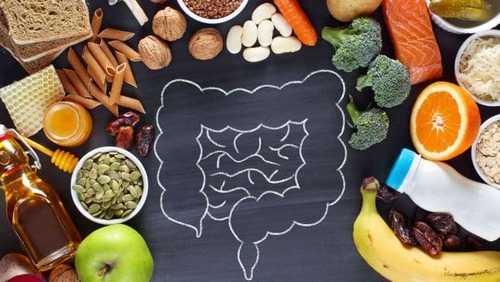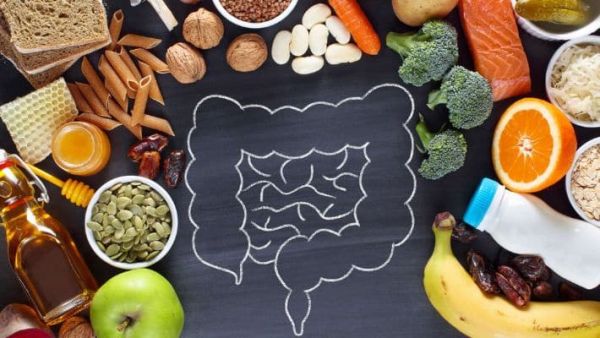

The word ‘diet’ is often presumed to mean restrictive meals and constant hunger. This can leave you with guilt even if you have a little bit of other foods. This restrictive mindset will stress you out and make the weight loss tough and slow. This also makes you think that weight loss is a punishment and a stage of failure. Lasting weight loss isn't about starving; it's about making sustainable lifestyle changes that will help you in the long term. This article shows a guilt-free approach for healthy weight loss, focusing on balanced nutrition, mindful eating, and self-compassion.
The Problem with Restrictive Diets:Restrictive diets are often referred to as quick fixes; they do not promote sustainable living. They lead to metabolic problems and can make you regain weight in very little time. This will make you gain more weight with even a little amount of extra food. These diets create a negative relationship with food. Hence, they make you addicted to unhealthy eating.
A Guilt-Free Diet for Sustainable Weight LossIn this diet, you will have to focus on what you can have rather than what you can’t have. There are abundant delicious foods that are packed with nutrients and vitamins and minerals that will keep your body requirements on track and also help you lose unhealthy weight. This doesn’t feel like a punishment but like a journey of self-care.
1. Whole Foods:
Prioritize whole foods like fruits, veggies, lean proteins, grains, etc., rather than processed foods. These are packed with fiber, antioxidants, vitamins, and nutrients that our body needs. This will keep you overall healthy and help you lose unhealthy weight. You can include vibrant salads, roasted vegetables, grilled chicken, and quinoa bowls in your diet.
2. Listen to Your Body's Hunger Cues:
It is crucial to differentiate between physical hunger and emotional hunger. Emotional hunger is the sign of boredom, stress, and sadness. Eat when you're physically and truly hungry and stop when you're comfortably full. You don’t have to eat till you feel stuffed. These mindful eating habits can help you avoid overeating and develop a healthier relationship with food.
3. Practice Portion Control:
You don’t have to measure every grain of food that you take. But you definitely should be mindful about the portion of food that you are having. Use smaller plates and bowls to pay attention to how much you are eating and sufficient.
4. Don't Deprive Yourself:
You don’t have to cut off your favorite foods from your daily routine. Instead, practice moderate eating. Make yourself have smaller portions of food occasionally to feel satisfied. This helps you maintain a perfect balance of portions that you intake.
5. Stay Hydrated:
We usually mistake thirst for hunger. If you can, drink plenty of water throughout the day. This can help you feel fuller and reduce unnecessary snack cravings in between.
6. Prioritize Protein:
Protein is essential for maintaining our health and body functions. This is crucial for a healthy metabolism. Include lean protein sources in every meal possible. Foods like chicken, fish, beans, lentils, and tofu can help you with protein. Protein also helps you feel fuller for longer, reducing cravings.
ALSO READ:
7. Don't Fear Healthy Fats:
Dieting doesn’t mean that you should cut all the fats. In fact, healthy fats are essential for our body to produce hormones. Healthy fats are found in avocados, nuts, seeds, and olive oil. They help in preventing overeating.
8. Be Patient and Kind to Yourself:
You need to remember that weight loss is a journey, not a race. There will be ups and downs, and it's important to be patient with yourself. It's fine if you cannot follow the diet the first day itself; give your body some time to adjust to the new diet and take it slow.
A guilt-free approach to weight loss is not starving yourself, but it's about making sustainable lifestyle changes that you can maintain long-term. It's about keeping your body nourished with wholesome foods, listening to your hunger cues, and practicing self-compassion.
ALSO READ: